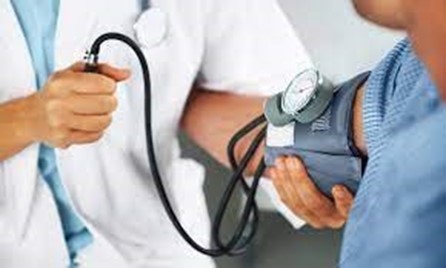A nurse is caring for a client who has a traumatic brain injury. The client, who has been quiet and cooperative, becomes agitated and restless.
Which of the following assessments should the nurse perform first?
Motor responses.
Blood glucose.
Urinary output.
Blood pressure.
The Correct Answer is D

A change in behavior such as agitation and restlessness in a client with a traumatic brain injury can be a sign of increased intracranial pressure.
The nurse should first assess the client’s blood pressure as an increase in blood pressure can be an indicator of increased intracranial pressure.
Motor responses are not the first assessment that should be performed.
Blood glucose is not the first assessment that should be performed.
Urinary output is not the first assessment that should be performed.
Nursing Test Bank
Naxlex Comprehensive Predictor Exams
Related Questions
Correct Answer is B
Explanation
“Furosemide.” The nurse should anticipate administering furosemide because the client’s symptoms of bounding peripheral pulses, hypertension, and distended jugular veins may indicate fluid overload.
Furosemide is a diuretic medication that can help reduce fluid overload by increasing urine output.
Choice A is incorrect because diphenhydramine is an antihistamine medication that is not used to treat fluid overload.
Choice C is incorrect because acetaminophen is a pain reliever and fever reducer that is not used to treat fluid overload.
Choice D is incorrect because pantoprazole is a proton pump inhibitor that is used to treat acid reflux and stomach ulcers, not fluid overload.
Correct Answer is ["B","D"]
Explanation
Apricots and nuts are low-purine foods that can be included in a low-purine diet.
Sardines are high in purine and should be limited or avoided.
Scallops are high in purine and should be limited or avoided.
Liver is high in purine and should be limited or avoided.
Whether you are a student looking to ace your exams or a practicing nurse seeking to enhance your expertise , our nursing education contents will empower you with the confidence and competence to make a difference in the lives of patients and become a respected leader in the healthcare field.
Visit Naxlex, invest in your future and unlock endless possibilities with our unparalleled nursing education contents today
Report Wrong Answer on the Current Question
Do you disagree with the answer? If yes, what is your expected answer? Explain.
Kindly be descriptive with the issue you are facing.
